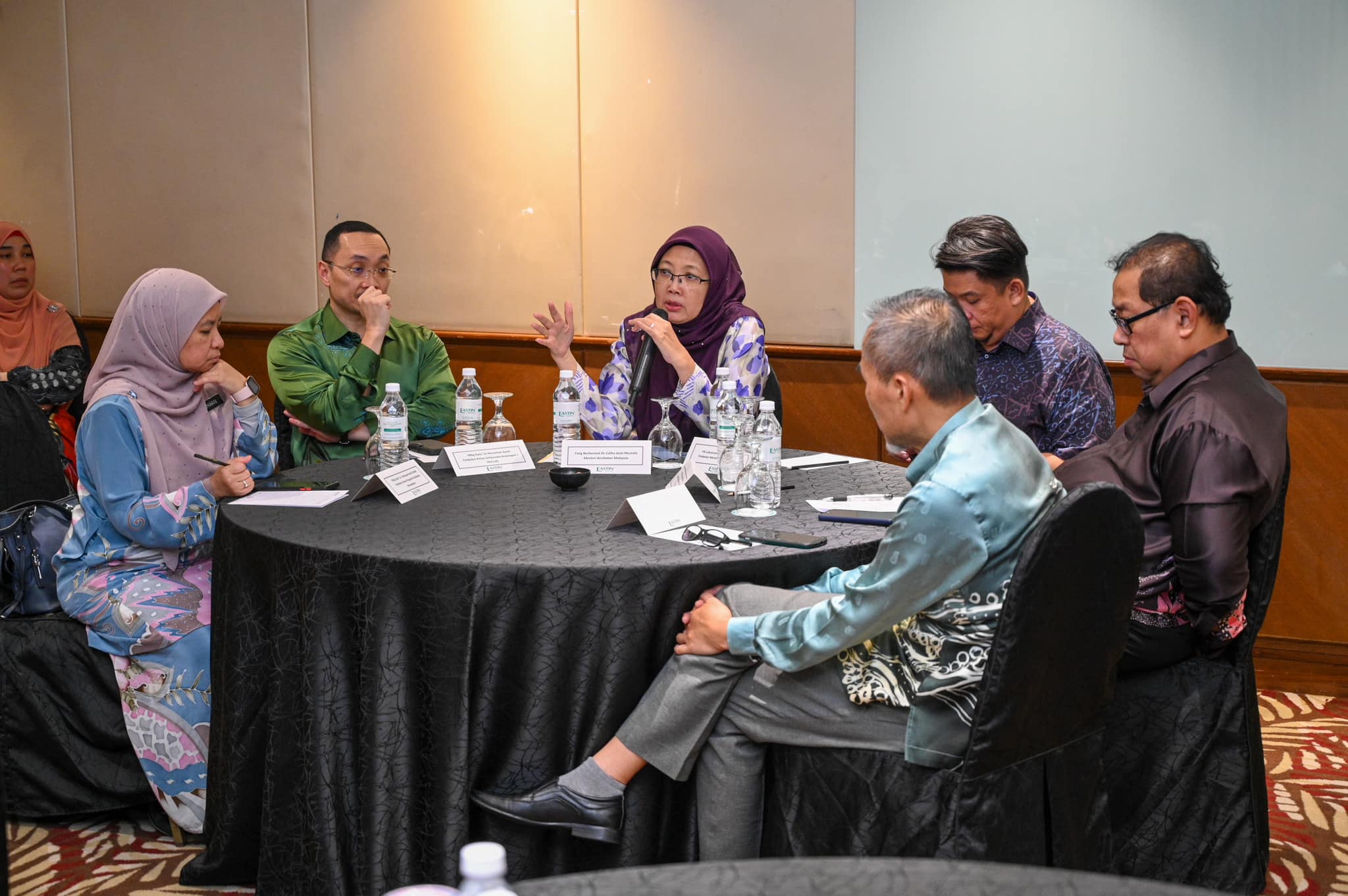KUALA LUMPUR, April 8 – The Malaysian Council for Tobacco Control (MCTC) today admitted it was unable to push the government to review its decision to declassify liquid nicotine for taxation of e-liquids with nicotine.
The umbrella group for tobacco control in Malaysia, which comprises 41 organisations, said it has engaged numerous stakeholders, including Health Minister Dr Zaliha Mustafa in a meeting last Thursday, in the past week since liquid and gel nicotine was removed from control under the Poisons Act 1952 last March 31.
“Unfortunately with little success in getting them to reconsider this poorly thought out move,” MCTC said in a statement.
“The Minister herself had stated in the meeting that she had carried out the move with a ‘heavy heart’, but had to do it due to ‘economic considerations’.”
The Malaysian Medical Association (MMA), in a statement yesterday, said that it, MCTC, the National Cancer Society of Malaysia (NCSM), and the Malaysian Pharmacists Society (MPS) met Dr Zaliha and MOH officials last Thursday to discuss the declassification of liquid nicotine, among other issues.
MCTC expressed deep concern with the “dangerous precedent” that the government has set in risking the health of Malaysians, especially children and young people, for revenue purposes.
“The lives of our people are invaluable and no comparison to some paltry ringgit and sen which can be earned through numerous other mechanisms not designed to harm the health of Malaysians.”
The anti-tobacco group also questioned the government’s “haste” in exempting liquid nicotine from the Poisons List to put into effect a tax on vape and e-cigarette liquids containing nicotine last April 1, as local manufacturers have been given until April 30 to voluntarily register with the Customs Department before tax collection.
“There is little transparency available on actual taxation measures so it is not even understood in terms of timelines on when actual tax collection would actually even begin,” MCTC said.
“This again calls into question the unseemly haste and rationale to exempt nicotine and expose a whole generation of young Malaysians to harm in order to collect some revenue- when it cannot even be done at present. The MCTC questions on whether there were financial motivations behind the move?”
The anti-tobacco group urged the Ministry of Health (MOH) – as the “custodian” of the health of Malaysians – to immediately implement short-term, mid-term, and long-term measures.
As an immediate measure, MCTC recommended cooperation with other agencies and ministries to limit the exposure of children and young people to e-cigarette and vape products with nicotine, “since there are no significant health legislative tools which may be used to limit harm at this point”.
Dr Zaliha exercised her ministerial powers to exclude liquid nicotine from the Poisons List – overruling the Poisons Board – despite the absence of any regulations or legislations on e-cigarettes and vape whatsoever, including restrictions on sale to minors aged below 18, nicotine content cap, or bans on advertising, promotion and sponsorship.
The Johor state government said recently that it would not rescind its ban on the sale of vape products, which falls under local council jurisdiction, despite federal legalisation of e-cigarettes and vape with nicotine.
The Perak state education department – which is under the federal Ministry of Education – said the sale of e-liquids would continue to be prohibited in schools.
As a mid-term measure, MCTC urged the government to table the Control of Tobacco Product and Smoking Bill 2022 (which has been renamed by the unity government as the Control of Smoking Product for Public Health Bill 2023) – “as per its original intent and content” – in the next parliamentary meeting in May.
“Within the bill are comprehensive measures for vaping and electronic cigarettes, including key measures prohibiting its use to those under 18 years of age,” MCTC said.
Finally, the tobacco control group told the MOH and other agencies to announce a comprehensive strategy to control nicotine addiction that will “continue to rise exponentially now with this move”.
“Education campaigns need to be strengthened and significant resources devoted to this move. Equally important is the widening of cessation services and the provision of services to members of the public who are addicted to nicotine, irrespective of whether they are using conventional cigarettes or e-cigarettes.
“A roadmap and national level-control plan needs to be announced post-haste, with adequate funding and implementation mechanisms to ensure that it is carried out.”
The decline of Malaysia’s smoking prevalence has slowed to 21.3 per cent in 2019, nearly three percentage points higher than the 18.5 per cent goal for that year in the National Strategic Plan for Tobacco Control. Smoking is predominantly a male problem, as four in 10 adult men currently smoke.
The Galen Centre for Health and Social Policy has warned that vape remains “unregulated, unrestricted, and out of control” in Malaysia, with the estimated number of new vapers having now overtaken the number of new smokers, including among women and youths who are not traditional smokers.








